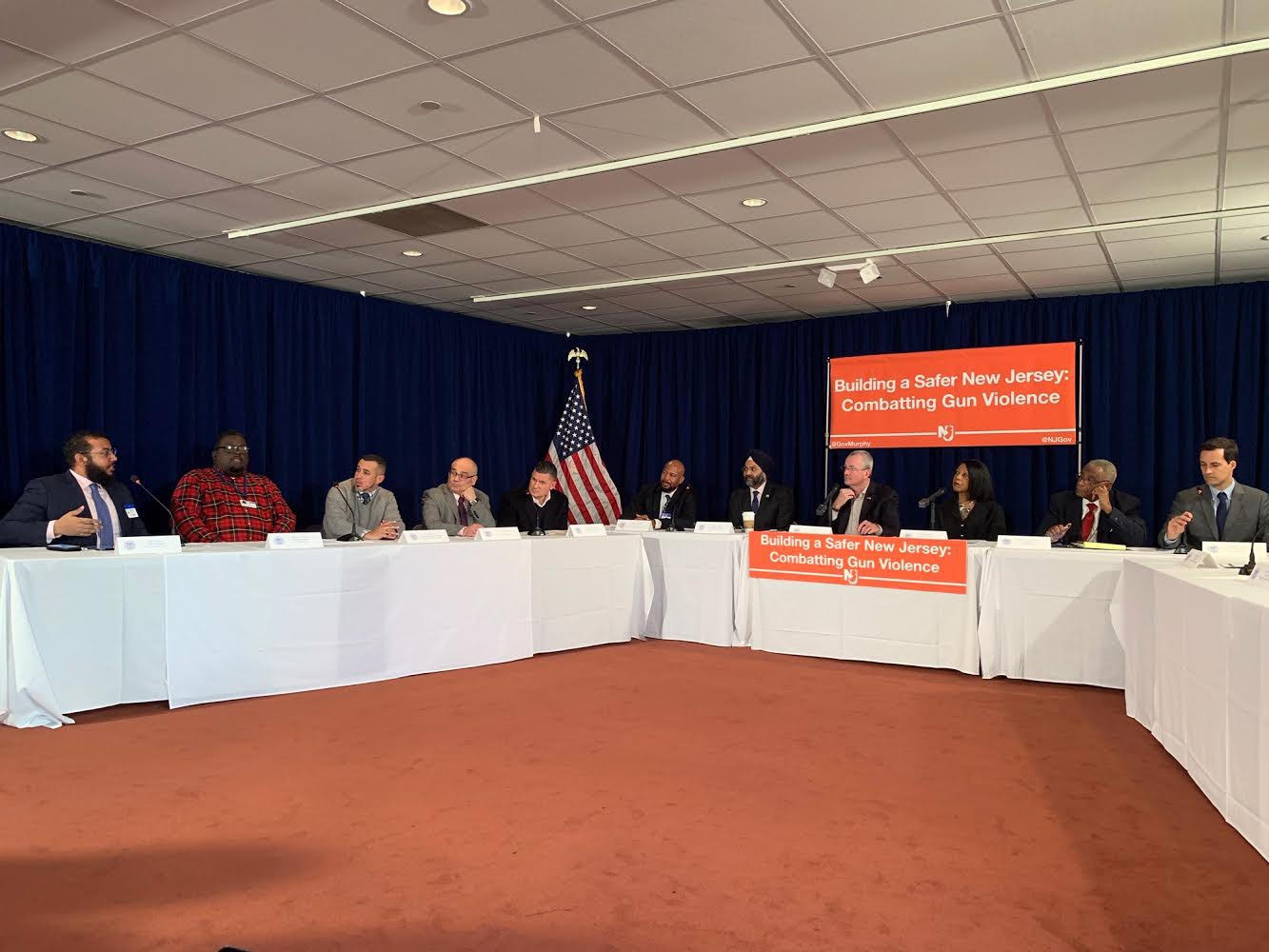
Today, the Newark Police Department has adopted a policy to end practices that for too long prevented survivors of trauma — specifically survivors of color — from accessing the support and healing services they need.
Over the past 2 years, EJUSA Senior Strategist Will Simpson has facilitated the South Ward Public Safety Roundtable alongside our partners at the Newark Community Street Team. The Roundtable which was created by the Newark Community Street Team, hosts community members, police officers, and other key stakeholders who affect public safety in Newark with the goal of understanding cycles of violence in the city and centering public safety.
Over the course of these bi-weekly meetings, several attendees voiced concerns about police practices that prevent survivors of violence from receiving the services they need in order to heal. When a police officer speaks with someone who has endured a violent and traumatic event, and has difficulty understanding or receiving a statement from that person, they often mark them as “uncooperative” on police reports. Federal policy prevents any person who applies for victims’ compensation and is marked as uncooperative from receiving any publicly funded victims’ compensation services.
What law enforcement did not realize is that when a person is harmed, they may present behaviors that appear as “non-cooperative” but that are simply the manifestation of trauma. Things like animated behavior, the use of profanity, or a refusal or inability to communicate have all been used against survivors on police reports. But it is the effects of trauma, rather than a blatant refusal to cooperate, which may result in a person exhibiting these types of behaviors. Other real factors, including the fear of retaliation, prevent many survivors and witnesses of violence from speaking about their victimization to the police.
In early December, EJUSA signed onto a letter demanding that the Newark Police Department (NPD) shift its policies away from marking survivors as “non-cooperative”, and adopt a more trauma-informed approach to their interactions with those who have been harmed.
Today, the Newark Department of Public Safety released a memorandum calling on law enforcement to refrain from labeling survivors in the wake of trauma without taking into account their recent experience and their possible state of mind. This groundbreaking memorandum also states that officers may not use an individual’s personal history (e.g., having a prior conviction or history of substance dependence), to assume that their prior actions lead to their victimization.
This memorandum is a great step toward true justice for survivors, and has the potential to radically change the ways that law enforcement interacts with the surrounding community. We are calling on NPD to actively enforce these policies and ensure that survivors have access to the services they deserve in the wake of trauma, and to continue toward building a more humane and trauma-informed police practice.


